Description
- Conversation Architecture: How to start, maintain, and end a chat gracefully.
- Social Radar: Reading body language and tone to understand what’s really being said.
- Conflict Navigation: Going beyond “say sorry” to actually fixing a rift.
- Flexible Thinking: Handling changes or different opinions without frustration.
- The Art of the Bounce: Practice swapping questions and comments to keep conversations flowing.
- Exit Strategies: Polite scripts for leaving a conversation.
- Finding Common Ground: Activities to discover shared interests and build friendships.
Module 2: Reading the Hidden Social Code
- Body Language Decoder: Match photos of kids to emotions using posture and facial cues.
- Tone of Voice Lab: Show how “Yeah, sure” can mean different things.
- Context Clues: Why behavior okay on the playground may not be okay in class.
- The Repair Kit: Steps to make amends beyond a forced apology.
- Handling Rejection: Building resilience when things don’t go their way.
Module 4: Your Coaching Guide
- This is key: A section for you with prompts, role-play tips, and positive feedback strategies.
How to Use This: 3 Pro Tips from a School Counselor
- Be Their Sports Commentator: After a playdate, skip the critique. Instead say,
“I noticed you asked Sam about his video game—his face lit up!” This reinforces positive behavior.
Call to Action: Give your child the gift of confidence.
Click ‘Add to Cart’ to get instant access to our Social Skills Worksheet toolkit and see the difference in their interactions.
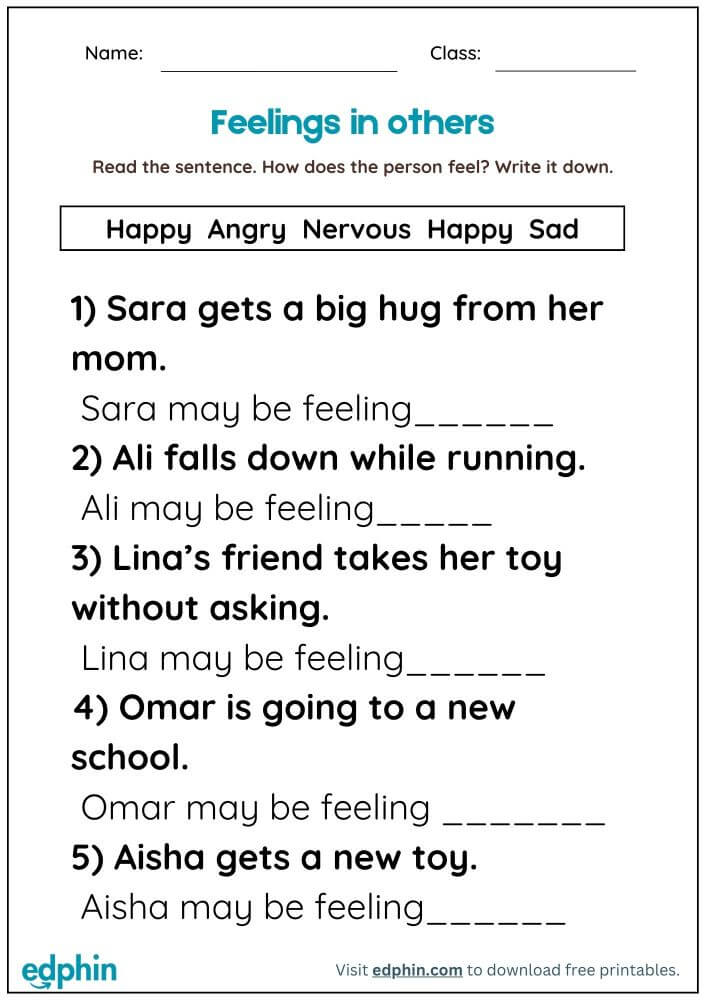
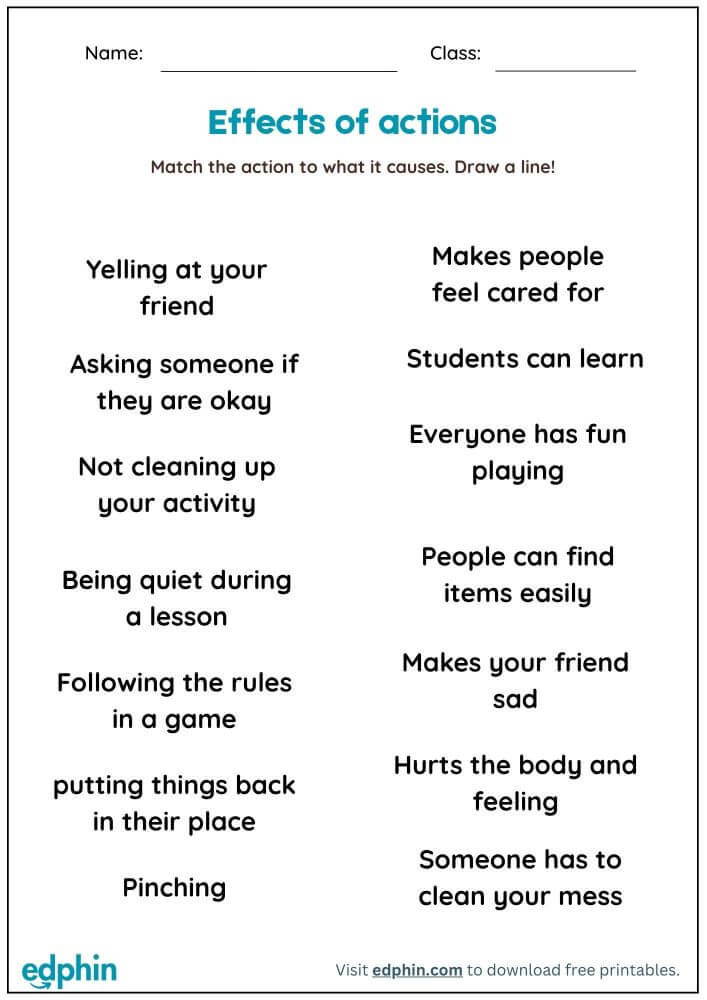
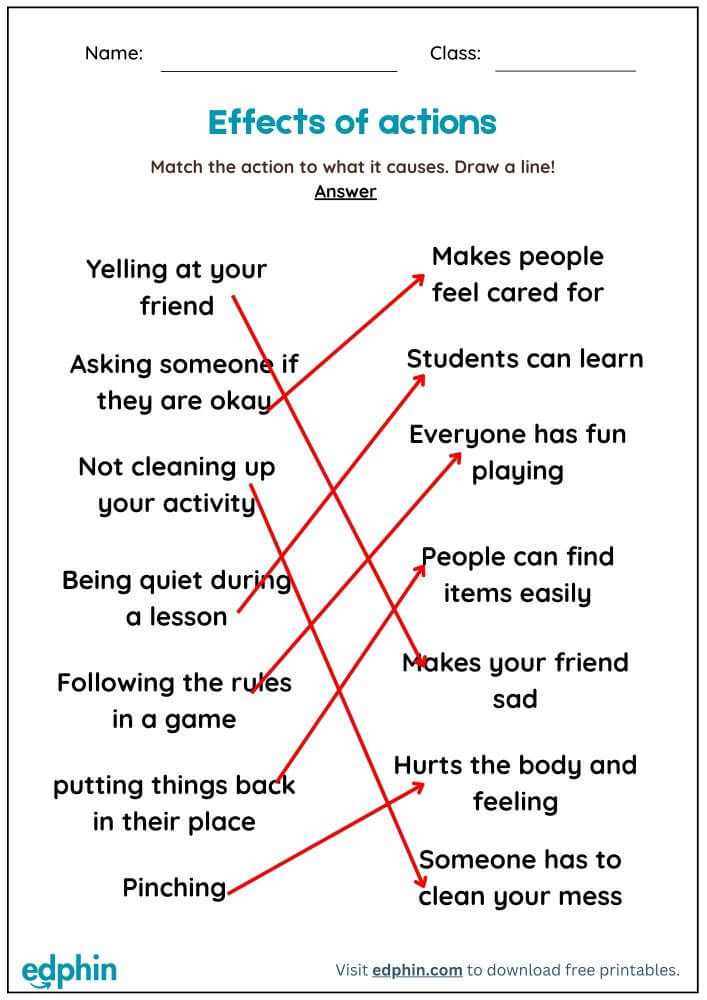
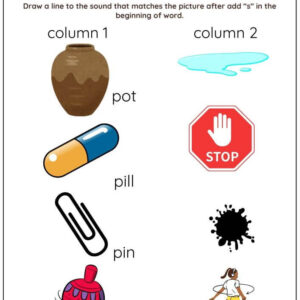
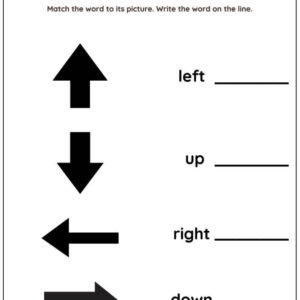
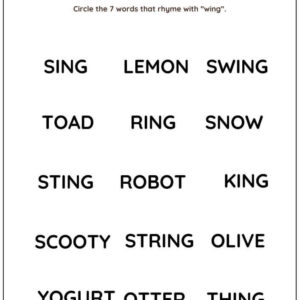
Reviews
There are no reviews yet.